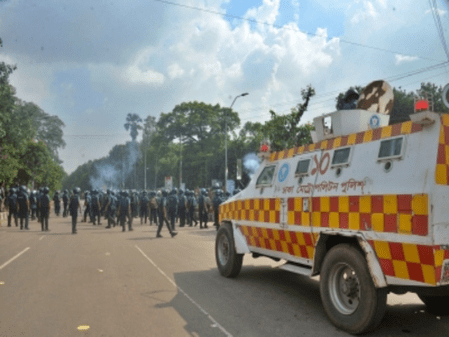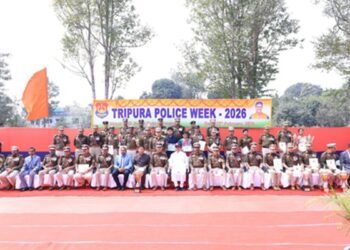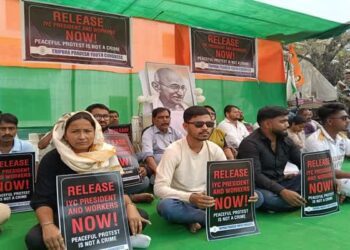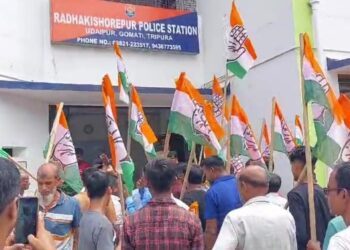Dhaka, Sep 14 — Since the fall of Sheikh Hasina’s government in August, Bangladesh has been gripped by political turmoil, with the interim administration under Nobel Laureate Muhammad Yunus facing mounting criticism. Initially promising a swift return to democratic governance, the regime is now accused of silencing dissent through arrests and intimidation.
According to a September 11 Eurasia Review op-ed titled “A Nation On Trial: Bangladesh Arrest Surge Threatens Democracy”, “the promise of democratic restoration has been replaced by a campaign of surveillance, suppression, and silence.” Months have passed without any election roadmap, while arbitrary detentions continue to rise.
In Tejgaon, nine individuals were detained simply for chanting pro-Hasina slogans during a spontaneous procession. Acts of free speech are increasingly criminalized as “sabotage,” giving authorities legal cover for repression. Even symbolic gestures of dissent are treated as threats to national security.
Mahila Awami League leader Nahida Noor Sweety was arrested after discreetly joining a post-prayer rally, accused of financing protests. Liberation War veteran Abu Alam Shahid Khan, former press secretary to Hasina, was detained for attending a roundtable on constitutional reform. Other intellectuals, including Professor Nazmul Ahsan Kalimullah, law professor Hafizur Rahman Curzon, and journalist Manjurul Alam Panna, have also been arrested—signaling, in the article’s words, “a deliberate effort to erase the space for civil discourse.”
Student leaders Sheikh Ibne Sadiq and Amir Hamza have been jailed over alleged links with banned groups. Violent incidents, like the Saltgola Crossing clashes in Chittagong, are being used as pretexts for mass detentions, with dozens charged indiscriminately.
The result is a climate of fear marked by self-censorship and shrinking civic space. Eurasia Review warns that only a free, fair, and inclusive election can reverse the slide toward authoritarianism, or else democracy in Bangladesh risks becoming “nothing more than a memory.”

















